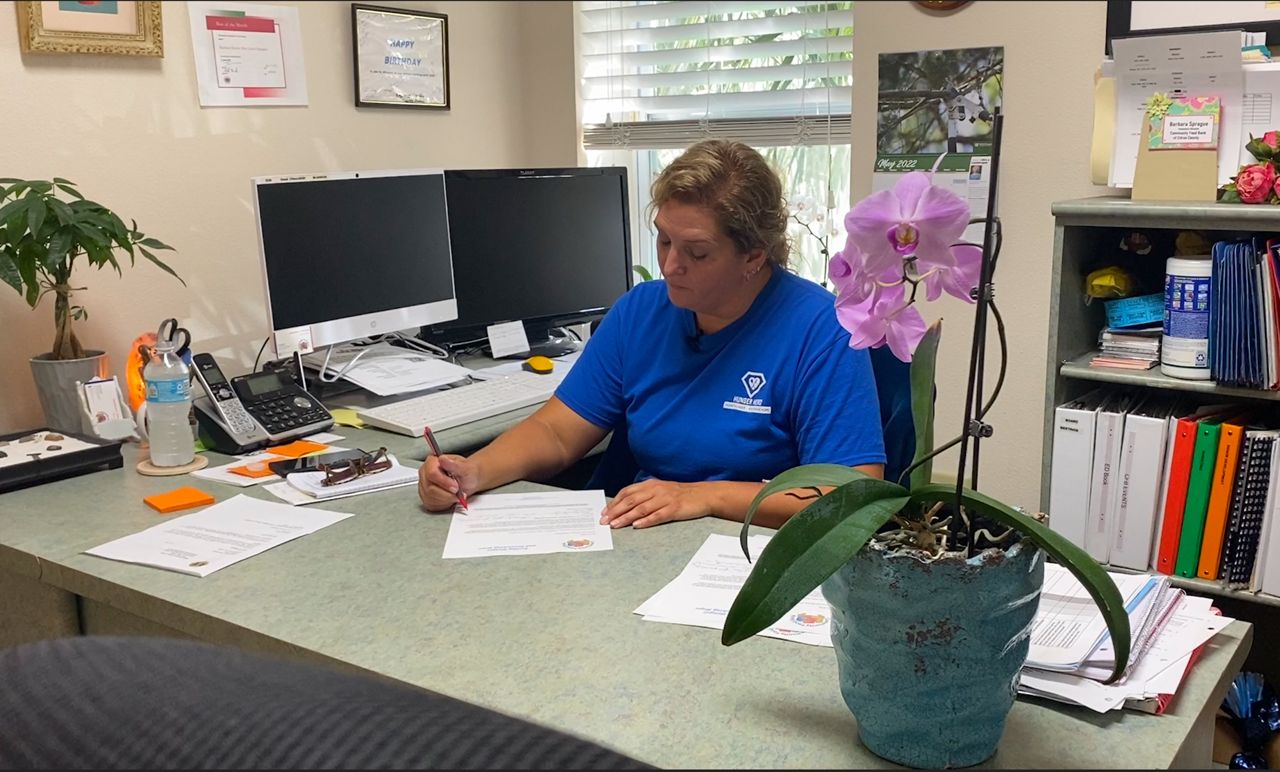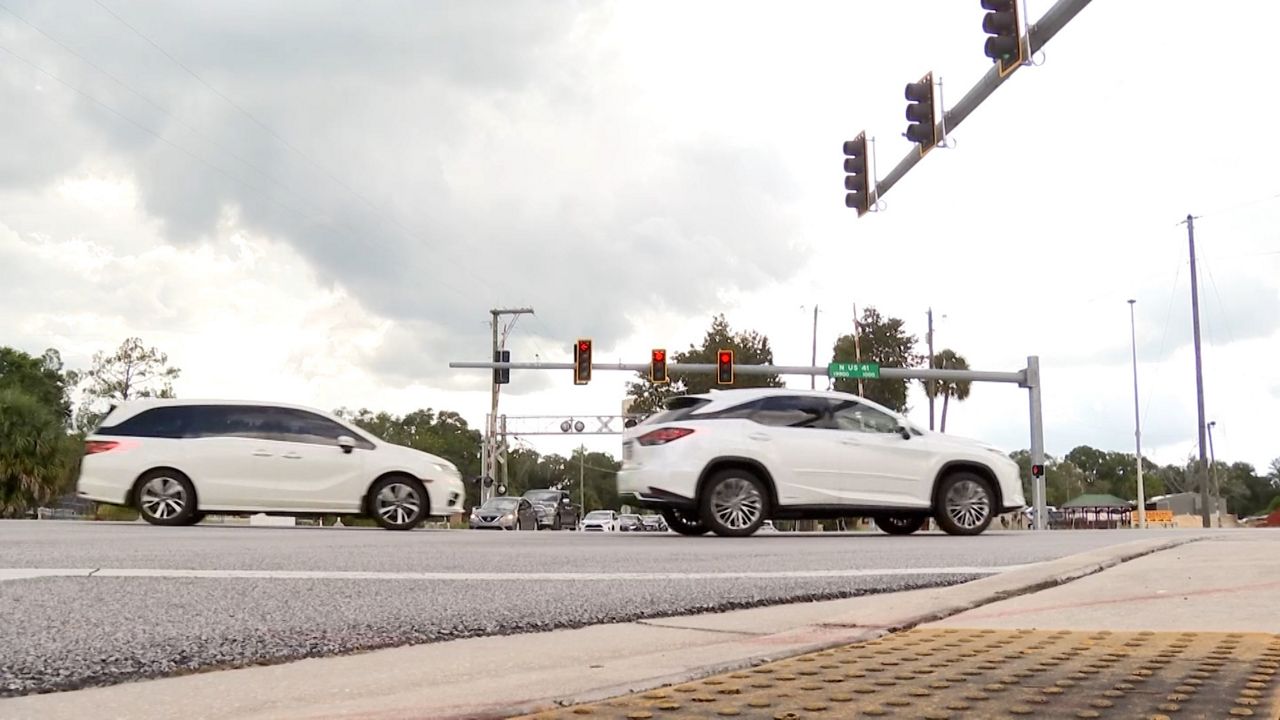CITRUS COUNTY, Fla. — The Citrus County Food Bank has more than doubled the amount of food they are distributing since the start of the pandemic.
What You Need To Know
- The Citrus County Food Bank has more than doubled the amount of food they are distributing since the start of the pandemic
- They have had to expand their location to adjust to the growth
- The nonprofit recently purchased another building which will double its capacity
As more people are calling Citrus County home, the food bank has had to expand its location to adjust to the growth.
Community Food Bank Executive Director Barbara Sprague says serving her community is a rewarding job, and she is concerned about the issue.
“Fifty-two percent of our population is one crisis away from poverty,” she said.
It’s a concerning number for Sprague, since she runs one of the few community food banks from Hernando to Sumter County.

The food bank already provides food to more than 70,000 people each month, and adding to the concern is all the growth in the area, with more people moving here every day.
“It is continuing to increase, especially as people continue to come into our community,” she said. “So the need just continues to grow, and with things like inflation, COVID, and then disasters, people need help, and we’re going to make sure that they get it.”
Sprague has been working at the food bank for three years, and she has seen the need increase first hand.
In order to combat the problem, the food bank has had to expand to take in more food.
The nonprofit recently purchased another building which will double its capacity.
“When we initially opened in 2013, we were distributing about a million and a half pounds of food a year, and it quickly grew, and we started to distribute two million,” Sprague.
Statistics from Feeding America show that Citrus County ranks in the top 10 counties in the state with the most residents living with food insecurities.
As she goes about her daily duties, Sprague worries about what will happen to people who don’t get the help they need.
“If food relief wasn’t available, not only would we have people that were hungry, but they would be making choices between medications, maybe poor diet that escalated chronic issues that they might have had health wise,” she said.
Her hope is that nobody has to make that choice.
Sprague said every day, she is working to make sure the food bank has more than enough food on hand so that no family gets turned away.









